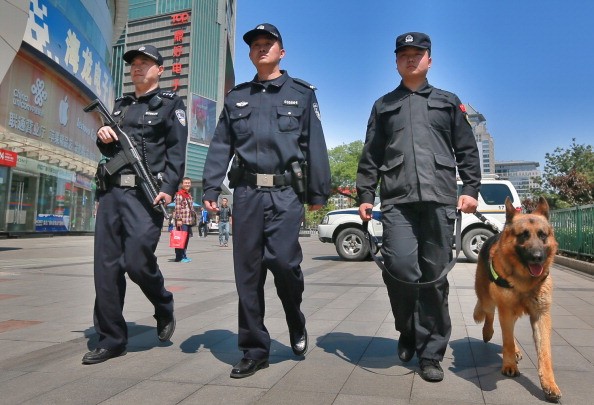Four Chinese policemen will be joining Italian officers in patrolling the streets of Rome and Milan for the next two weeks in an experiment aimed at helping Chinese tourists feel safe, Italy’s interior ministry announced on Monday.
The program, the first of its kind in Europe, will have four units composed of one Chinese and one Italian officer posted in tourist hot spots such as the ancient Colosseum in Rome and Milan's Gothic Cathedral for the next two weeks.
The Chinese officers are trained to speak both Italian and English aside from Mandarin and will wear the same uniforms they wear at home so their compatriots will be able to recognize them easily, according to Reuters.
"Through this initiative, we are telling Italian citizens that their state is joining hands with a great country, in a team work to ensure the safety of everybody, including Italian citizens and Chinese tourists in Italy," Italian Interior Minister Angelino Alfano told the Xinhua News Agency.
Alfano said if the program proves successful, it will be expanded to other cities in Italy and that Italian policemen may also soon be heading to Beijing and Shanghai to carry out similar patrols there.
"This service was planned with Chinese tourists in mind, and if it works well we may consider other forms of collaboration, given the presence of the Chinese community in our country," he added.
Liao Jinrong, director-general of the Chinese International Cooperation Bureau at China's public security ministry, said the initiative was "the result of a very positive collaboration between Chinese and Italian police forces."
Liao said the assignment was a "historic moment," recalling that the ancient route between China and Italy had been mapped out 700 years ago by Venetian merchant traveler Marco Polo.
More than three million Chinese tourists visit Italy each year, according to the Chinese International Cooperation Bureau, of which many are expected to arrive during the peak period of early May.



























